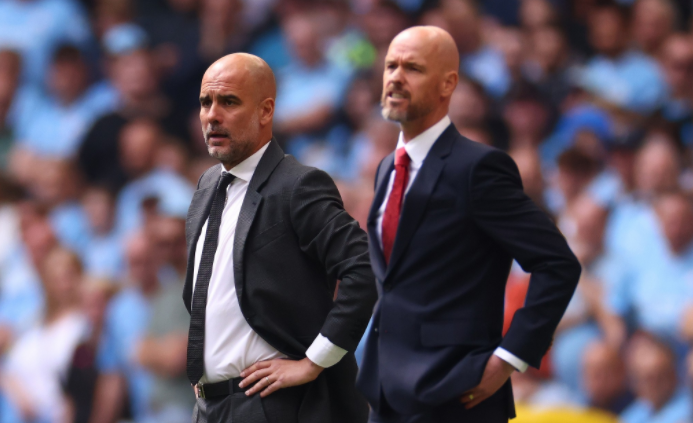
In recent years, the status and role of the manager in English soccer has changed significantly, from the traditional "cult of greatness" to a more professional management structure. This phenomenon not only reflects the evolution of soccer culture, but also reveals a profound change in the management model of modern soccer clubs.
The waning culture of head coach worship
In the past, the cult of the manager in English soccer has reached almost mythical proportions. From Busby to Ferguson, Chapman to Wenger, these legendary coaches have not only won trophies, they have shaped an era of soccer. Their names are remembered by fans and even honored by clubs with statues erected outside the stadium. However, as the commercialization of the soccer industry has accelerated, the tenure of managers has become shorter and shorter, and the culture of worship has waned.
Transformation of coaching roles and responsibilities
The scope of a manager's responsibilities has been greatly reduced in modern soccer. Instead of having absolute power as in the past, they have become a link in the complex power structure of the club. Although they still play an important role in tactical arrangements and player motivation, their influence is often limited when it comes to key decisions such as player recruitment and transfers. This change requires managers to not only possess excellent tactical skills and management abilities, but also be adept at operating effectively within the club's power structure.
Data Analytics and the Impact of Financial Investments
The rise of data analytics has further eroded the traditional position of the head coach. Research has shown that there is a significant correlation between financial investment and team performance. When a club invests heavily in the transfer market but fails to achieve the desired results, the blame is often no longer simply placed on the manager. Instead, the club's management and ownership structure become the center of attention. This change has led to clubs focusing more on overall operations and strategic planning, rather than just relying on the individual abilities of the manager.
Changes in the coaching market
The coaching market has also changed significantly in recent years. Some former famous coaches such as Mourinho, Conte and Tuchel are looking for renewed opportunities in the market, but are not favored by all clubs. Instead, coaches who can adapt to the modern soccer environment and are willing to work in a structured environment are more popular. This change reflects clubs' new expectations of the role of coaches: that they are not only tacticians and managers, but also collaborators who can operate effectively within complex power structures.
Vulnerability and instability of coaches
The vulnerability and instability of managers is increasingly highlighted in modern soccer. They are often under enormous performance pressure and time constraints, and may face the risk of being dismissed if their team performs poorly. This instability not only affects the career development of the coach, but also poses a challenge to the stability and long-term development of the team. Therefore, how to create a more stable and favorable working environment for coaches has become a pressing issue for modern soccer clubs.






























